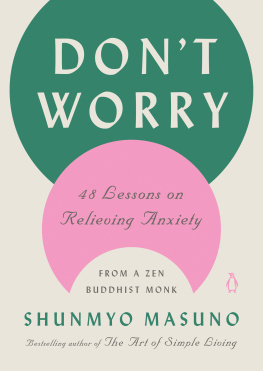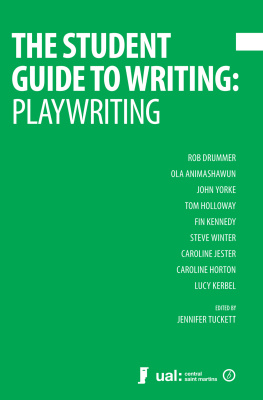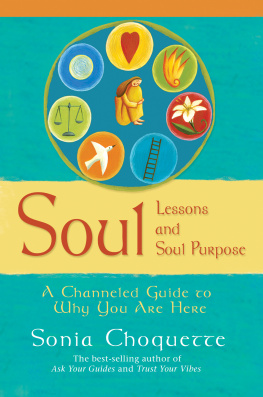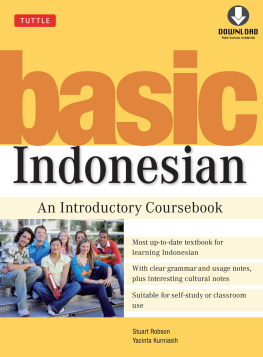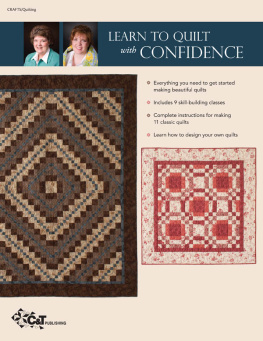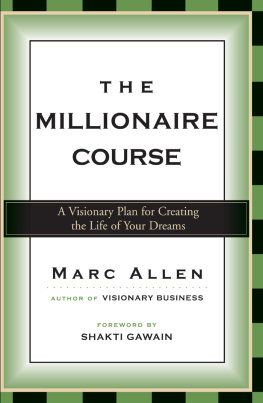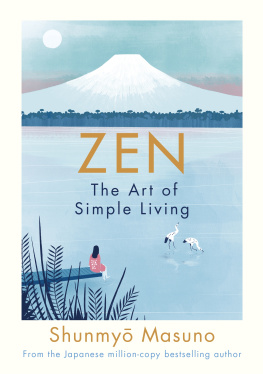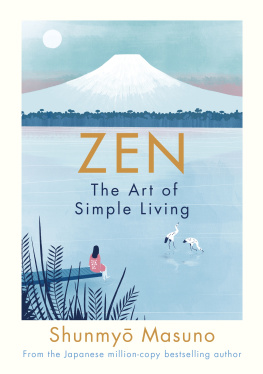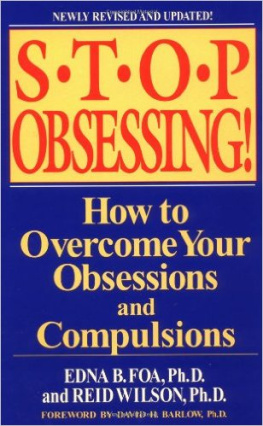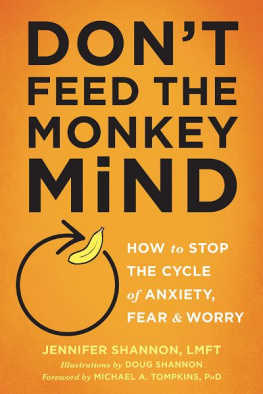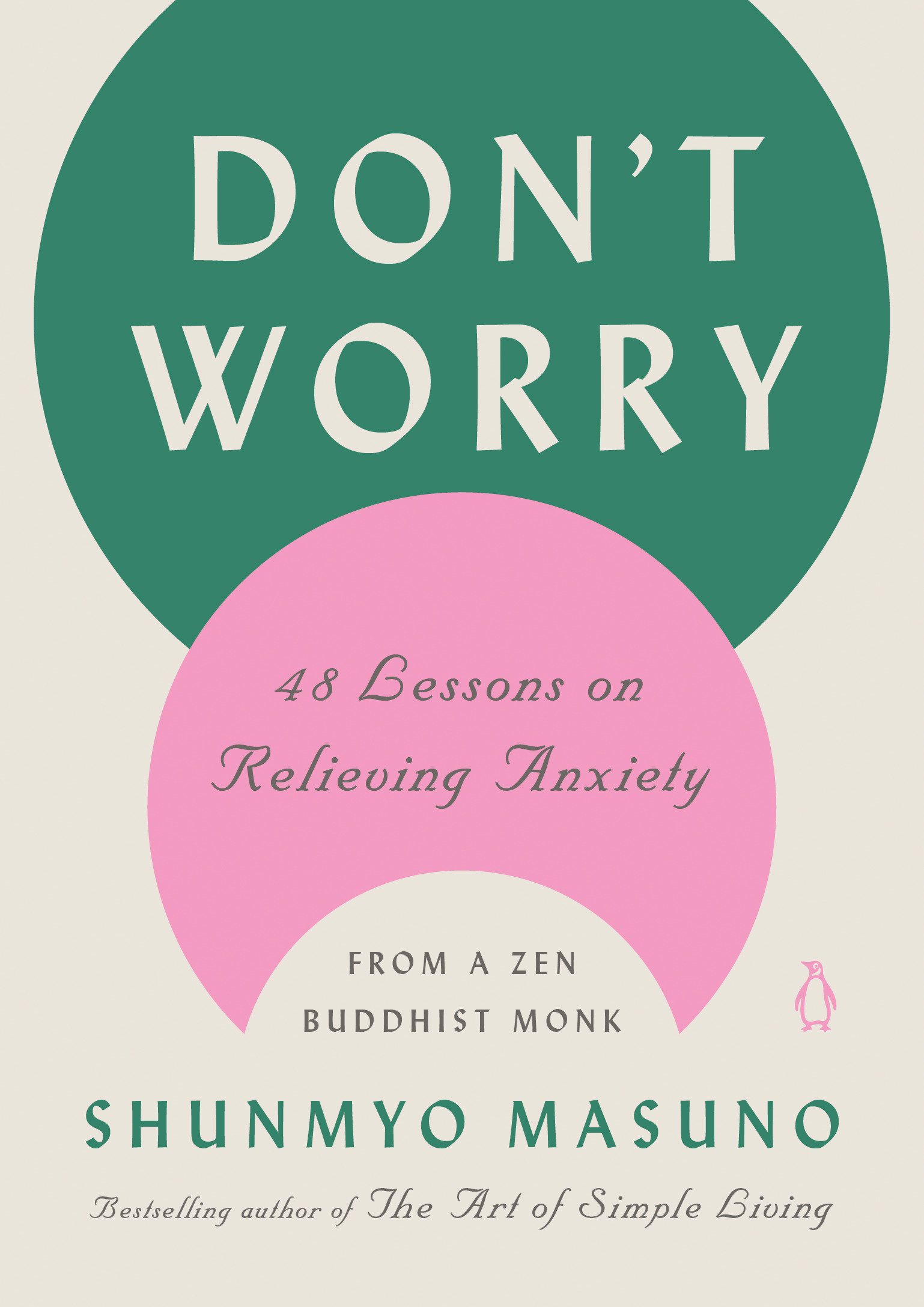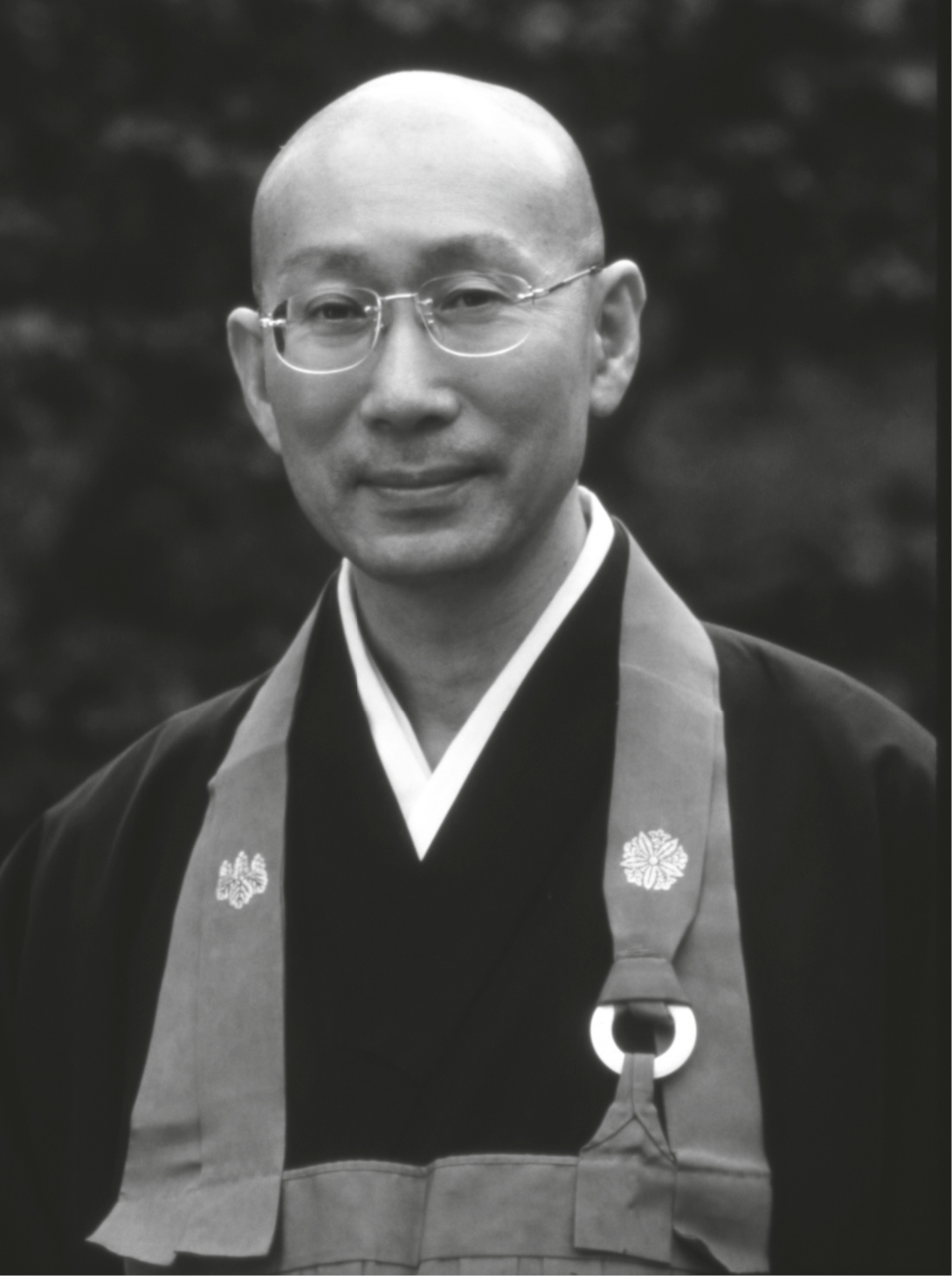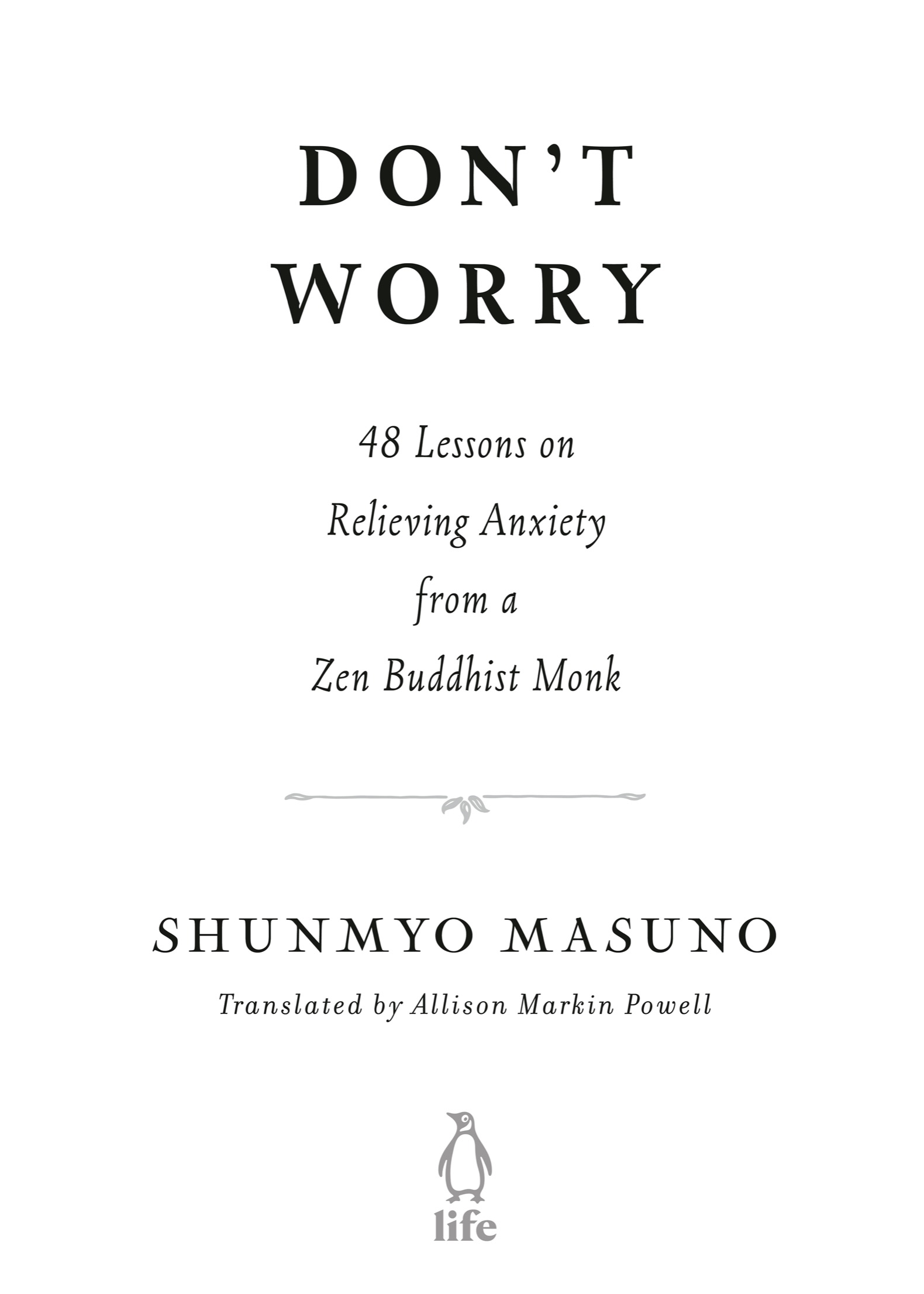FOREWORD
Pare away the things you dont need.
Live an infinitely simple life,
Free from unnecessary anxiety or worry,
Without being swayed by other peoples values.
I hope to tell you how to do that in this book.
By nature of being a Zen Buddhist priest, I am consulted by many people about their problems. The variety of what they want to talk about is endless, but if I were to generalize, I would classify them as anxieties, worries, and doubts.
When I listen carefully to these concerns, here is what I notice: Almost all of them are in fact delusions, assumptions, mistaken impressions, or imaginary fears. You might even say they lack any substance.
How can you be so dismissive, someone might say to me, when youre not the one going through it? Or, Im so worried about it that I cant eat!
Its a little like a Japanese saying about seeing a ghost out in the field when its really just dried susuki grasses. What I mean is, theres no reason to be afraid of what might appear to be a ghost, because its really nothing more than withered stalks. These things that tie us into knots and drag down our spirit are no different. The truth is, if we look at them objectively, we find that we often allow ourselves to fear shadows that arent really there.
Maybe this sounds familiar: Something you were worried about was weighing you down, but then a random comment or occurrence made you realize how insignificant it was and you were amazed by how much lighter you felt....
Zen teachings are a treasure trove for this kind of realization.
I wonder what you think of when you hear the word Zen. Perhaps it conjures an esoteric world of lofty and profound ideas. Its true: We do sometimes engage in abstract conversations about Zen koans. But this is misleading.
Zen teachings can be very accessible.
They are closely connected to our everyday lives.
For example, when you enter a home and take off your shoes, line them up neatly. Even something as simple as this is rooted in Zen: It is a literal reflection of the Zen saying, Look carefully at what is under your own feet.
In Zen we use phrases and sayings called zengo as part of our training. Zengo derive from anecdotes and scriptures to help us understand the wisdom and practice of Zen. Youll find them throughout this book and collected at the end in an index.
Another zengo, Eat and drink with your whole heart, teaches us not to be distracted by unnecessary things. When you drink a cup of tea, focus only on drinking the tea, or when you eat a meal, focus only on eating that meal.
This might all seem perfectly ordinary, but if we take great care to put these habits into practice, we will be able to focus on the here and now. By doing so, we will free ourselves from unnecessary anxiety, and our mind will be able to settle.
So, instead of agonizing over what might happen in the future, lets focus only on the here and now. The point is to reduce, to let go, to leave behind.... By doing so, well be able to enjoy a calmer, more relaxed, and positive version of ourselves.
Gassho
SHUNMYO MASUNO
PART ONE
Reduce, let go, leave behind.
The Zen way of keeping anxiety and worry at bay
1
Dont delude yourself.
Zen teaches us not to compare ourselves.
There is a zengo, Delude not thyself.
Put more plainly, it means Do not have delusions.
You might think that delusions refer to any number of figments of the imagination.
But in Zen, the concept of delusion has a much deeper and broader meaning.
Whatever lodges in your mind, whatever clings to and constrains your heartthese are all delusions.
Selfish desires for this or that, attachments that we dont want to let go ofthese, too, are delusions.
Envy of others, feelings of self-doubtthese are also delusions.
Of course, its impossible to free ourselves of every delusion that takes hold in our mind. That is the state that the Buddha achieved. Being human, we must accept that there will always be delusions in our heart and mind.
The important thing is to reduce these delusions, as much as we can. Were all capable of it. But in order to do so, we must first discern the true character of our delusions.
There is a famous quote from Sun Tzu, Know your enemy, know thyself, and you shall not fear a hundred battles. Which is to say, without knowing your enemy, you will not understand what you must do in order to face him.

